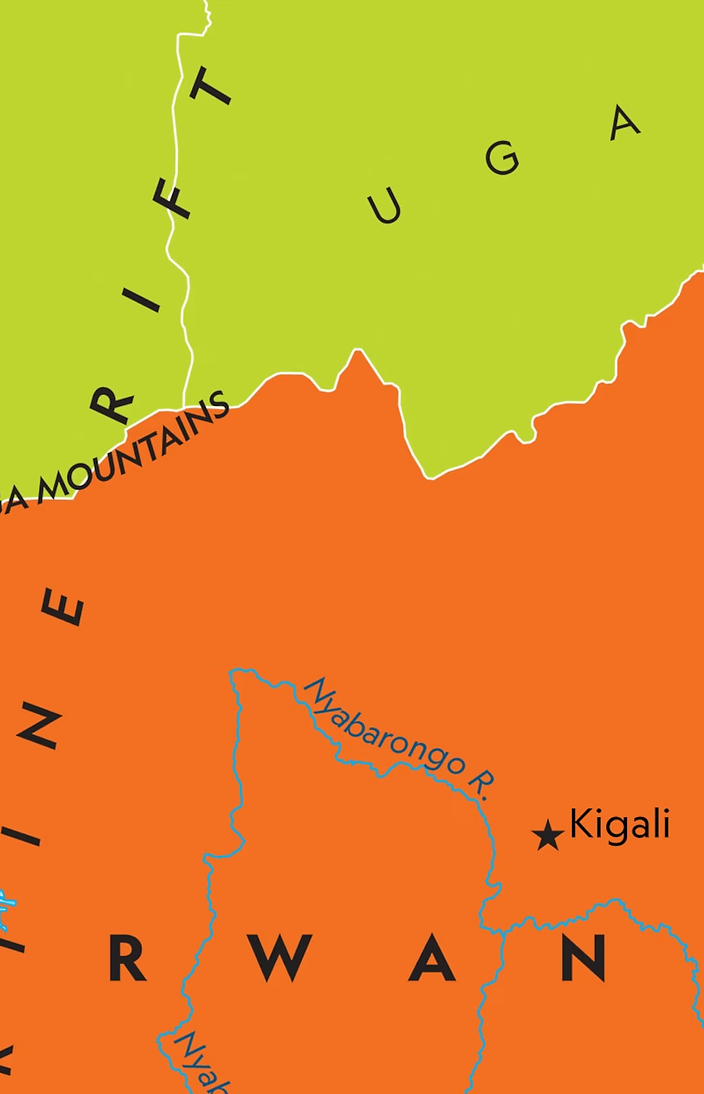
The United Nations Security Council
-The Situation Concerning Rwanda (1994)


In history, the outbreak of conflict between the Armed Forces of the Government of Rwanda and the Rwandese Patriotic Front (RPF) happened across the border of Rwanda and Uganda in October 1990. In response to a request for the United Nations Security Council’s assistance in the implementation of the agreement from both sides, the United Nations Assistance Mission for Rwanda (UNAMIR) was thus established, being responsible for the supervision of compliance with the ceasefire agreement and ensuring the security in Kigali, the capital of Rwanda.
However, the Rwanda Crisis still occurred on 6 April 1994 owing to resentment toward each other from the two sides, proving that the failure of this special mission and its afterwards adjustments deviated from the expected results, and the UNAMIR mandate malfunctioned in the settlement of the crisis. In addition, the indifference of the international community also exacerbated the seriousness of the issue. It is argued that a profound tragedy could have been averted if global awareness had been raised and troops had been deployed.
In this conference, delegates will go back to 1994 and cope with the issue that the United Nations Security Council (UNSC) failed to react to so as to remediate the historical trauma.

Committee Information
LANGUAGE: ENGLISH
DELEGATES: DOUBLE DELEGATION SUGGESTED
MEMBERS: 50-60 DELEGATES WHO ARE CURRENTLY STUDYING IN A DOMESTIC
OR FOREIGN SENIOR HIGH SCHOOL (YEAR10-12)